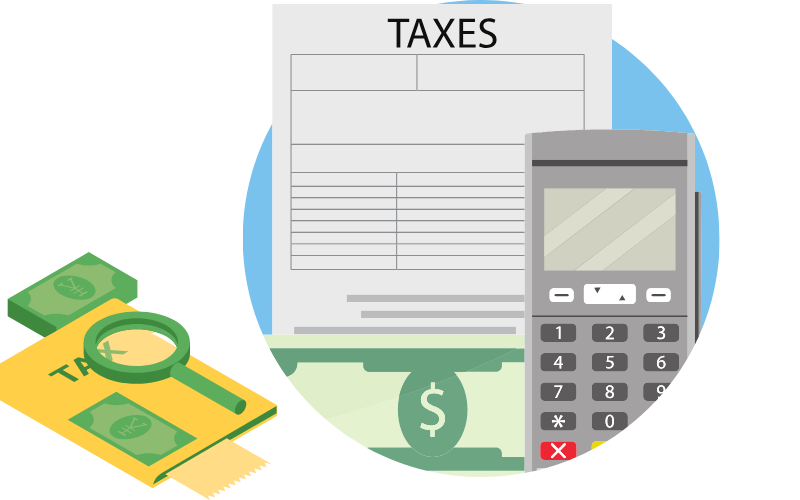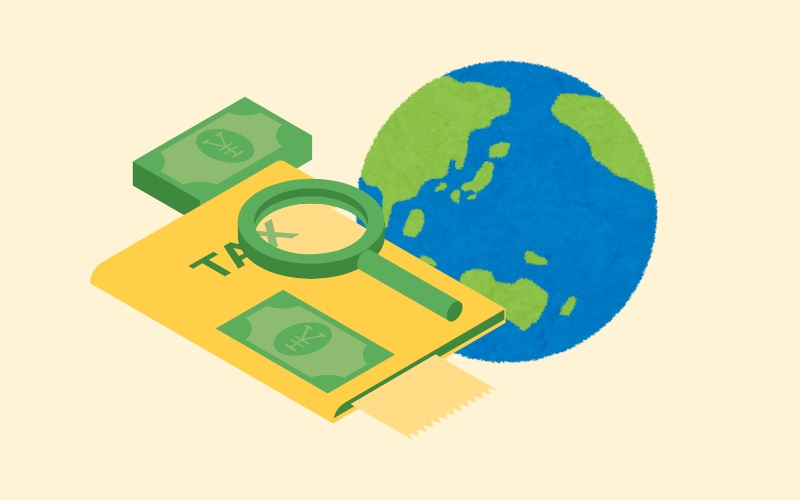Starting from July 1, 2025, Law on value-added tax 2024 will officially be implemented, introducing significant adjustments to tax rates on goods and services. These changes will not only affect businesses but also have a direct impact on the lives and economy of individuals. Let’s explore these new policies to seize opportunities and optimize benefits!
1. Changes in VAT Rates for 2025
| Subject of Change | |
| New Additions to the 0% VAT Rate[1] | Vehicle rental services used outside the territory of Vietnam;Aviation and maritime services provided directly or through agents for international transportation;Construction and installation activities performed abroad or within non-tariff zones. |
| Certain Goods and Services Shifted to the 5% VAT Rate:[2] | Fertilizers;Fishing vessels operating in marine areas;Specialized machinery and equipment used in agricultural production |
| Certain Goods and Services Shifted to the 10% VAT Rate: | Fresh food products;Unprocessed forest products, excluding timber, bamboo shoots, and regulated products;Sugar and by-products from sugar production, including molasses, bagasse, and filter cake. |
2. Taxable Price Determination
From July 1, 2025, the taxable price will be revised and supplemented as follows: “For imported goods, the taxable price shall be the import tax value as prescribed by the laws on export and import taxes, plus import tax, plus any additional import taxes (if applicable), plus special consumption tax (if applicable), and plus environmental protection tax (if applicable).”[3] This provision aims to ensure accuracy and comprehensiveness in determining the taxable price for imported goods.
Additionally, the new law specifies that goods and services used for promotional purposes under commercial law will have a taxable price of zero (0).[4] This helps businesses reduce their tax burden, as promotional and advertising activities are typically aimed at boosting business and generating future value.
3. Conditions for Input VAT Deduction
According to the new regulations, for purchased goods and services, businesses must use non-cash payment documents, except for specific cases stipulated by the Government.[5] Compared to previous regulations, the earlier requirement emphasized having bank payment documents for transactions involving goods and services, except for transactions valued under VND 20 million.
4. VAT Refunds
The new regulations stipulate that businesses producing goods or providing services subject to a 5% VAT rate will be eligible for VAT refunds if their uncredited input VAT reaches VND 300 million or more within 12 months or four consecutive quarters.[6]
Law on value-added tax 2024, effective from July 1, 2025, introduces practical changes that help businesses reduce costs, capitalize on development opportunities, and contribute to economic growth.
This concludes our advisory on the “Key Updates of Law on value-added tax 2024.”
If you find this article helpful, please help us spread knowledge to the community by clicking “Share.”
NT Law appreciates your attention and looks forward to your feedback and suggestions.
Editor: Do Thi Hong Giao Content
Reviewer: Nguyen Linh Chi
[1] Article 9.1 Law on value-added tax 2024
[2] Article 9.2 Law on value-added tax 2024
[3] Article 7.1.(a) Law on value-added tax 2024
[4] Article 7.1.(c) Law on value-added tax 2024
[5] Article 14.2.(b) Law on value-added tax 2024
[6] Article 15.3 Law on value-added tax 2024














